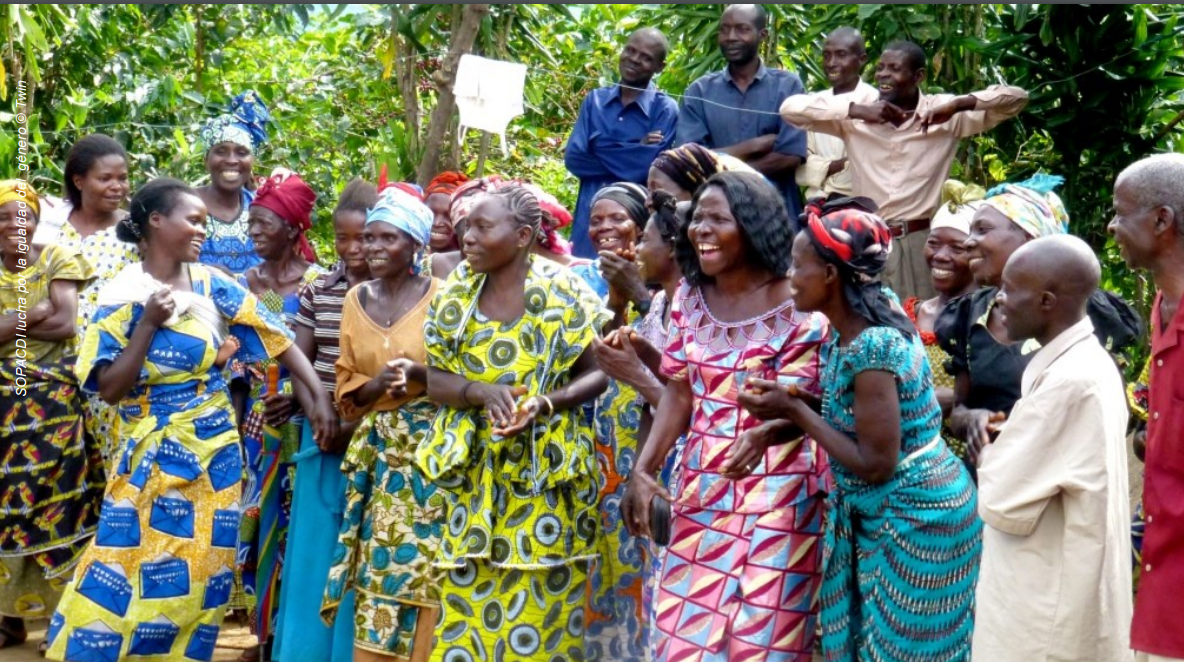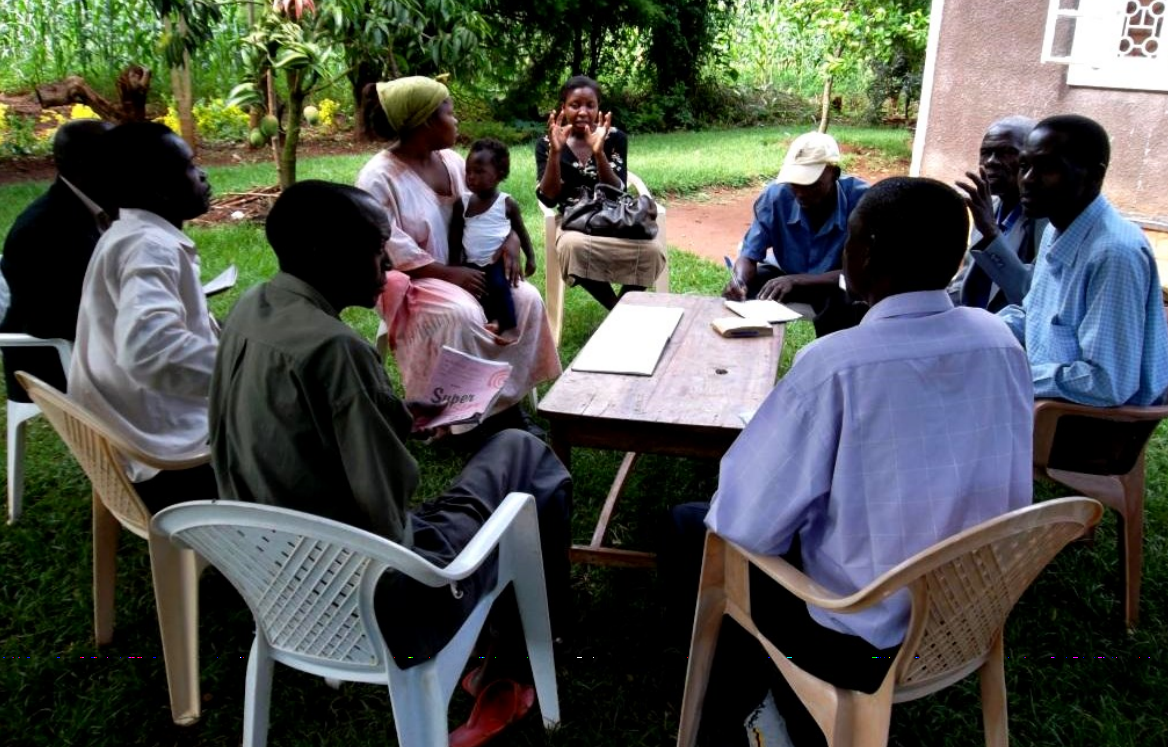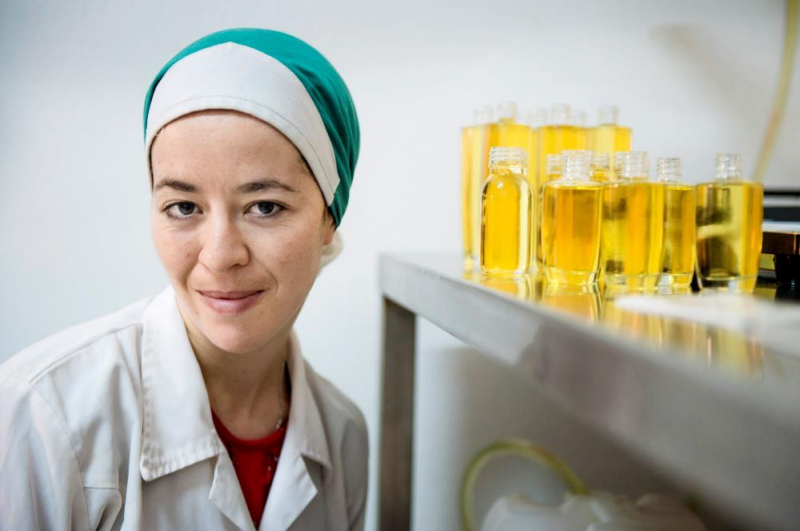Did you know that the north-east of the Democratic Republic of Congo is home to one of the biggest aromatic oil producers? Avituri, a fair and organic cultivator and distiller, was able to double its production of geranium oil and expand its offer with other plants such as thyme thanks to TDC’s financial support.











